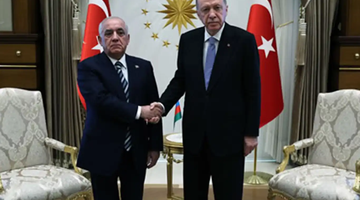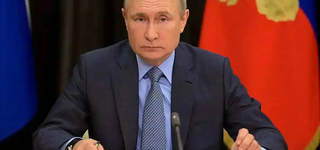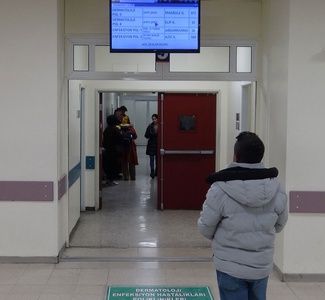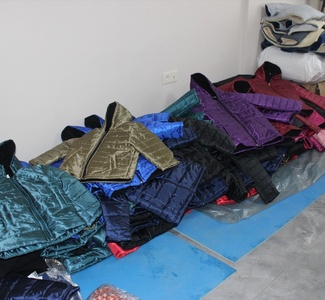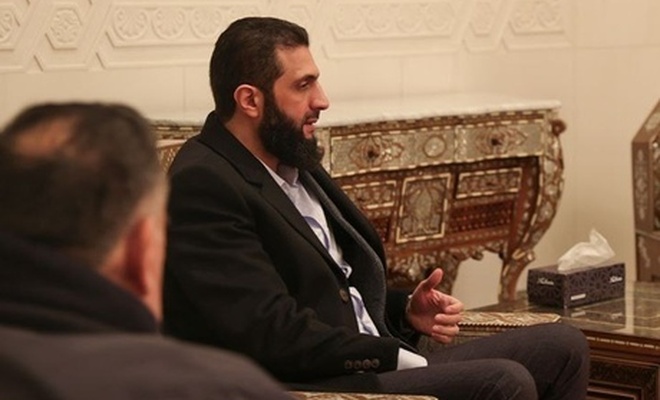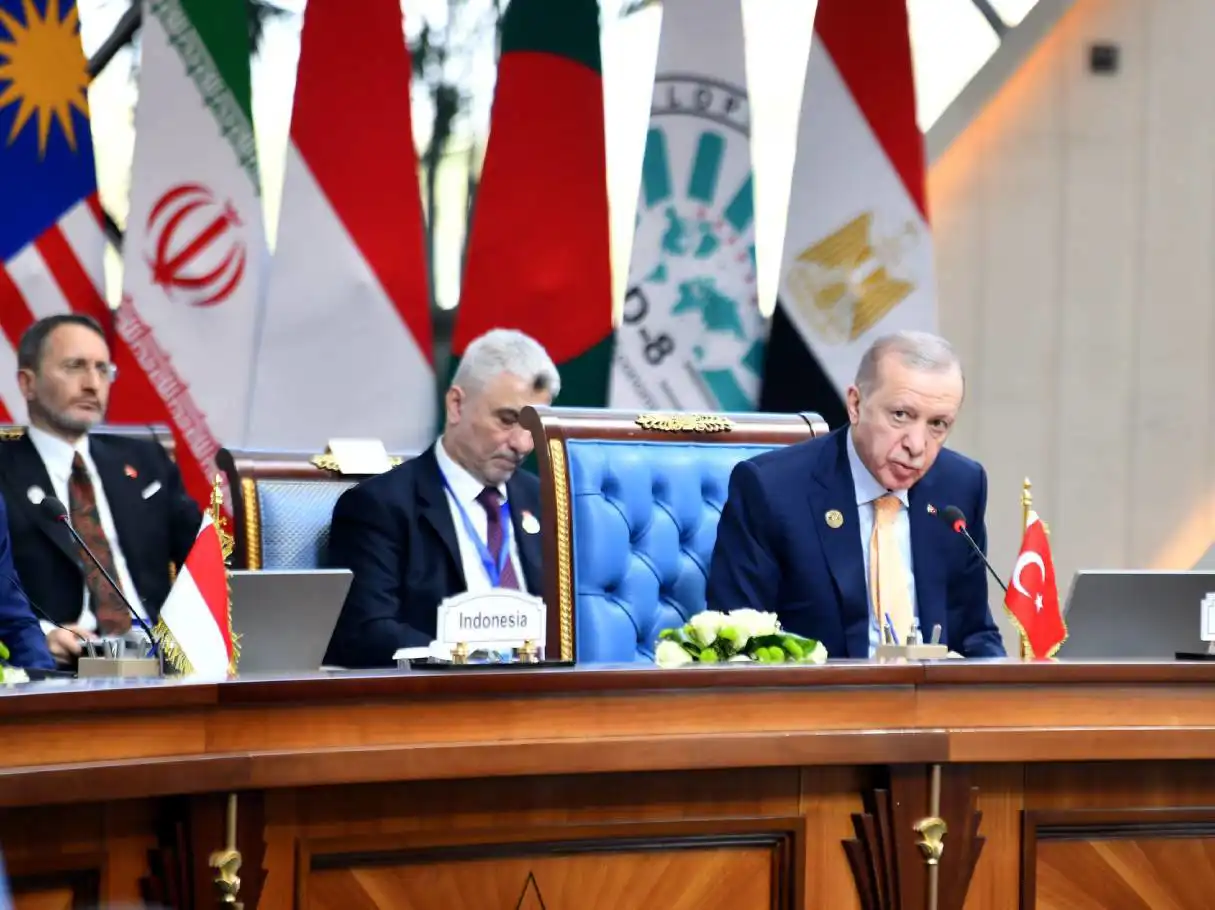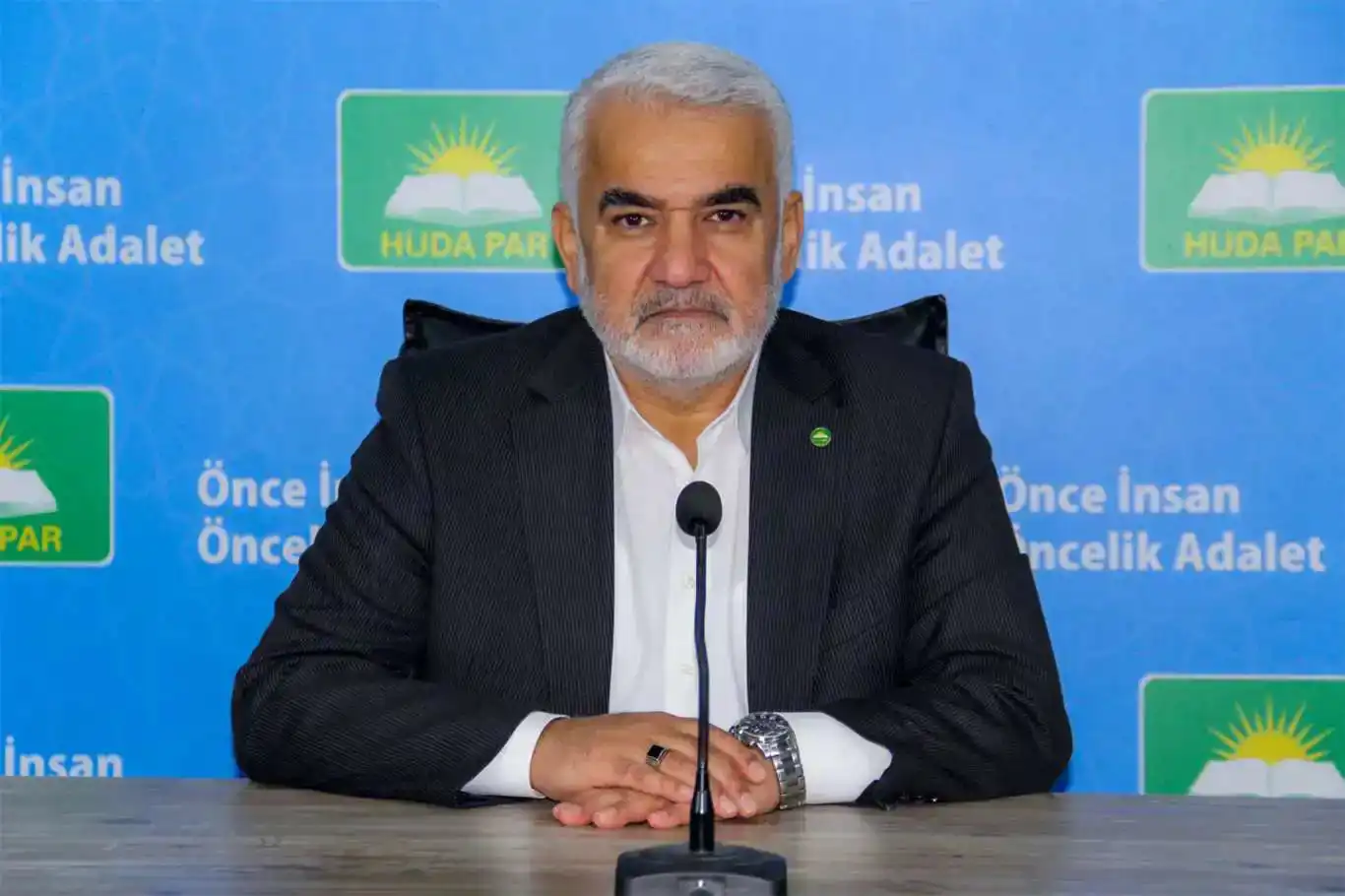Experts advocate Islamic finance to propel Türkiye's economy
Islamic finance experts attending the European Academy of Islamic Finance and Economics (EAIFE) conference emphasized the potential of Islamic economic principles to propel Türkiye towards its desired economic goals.
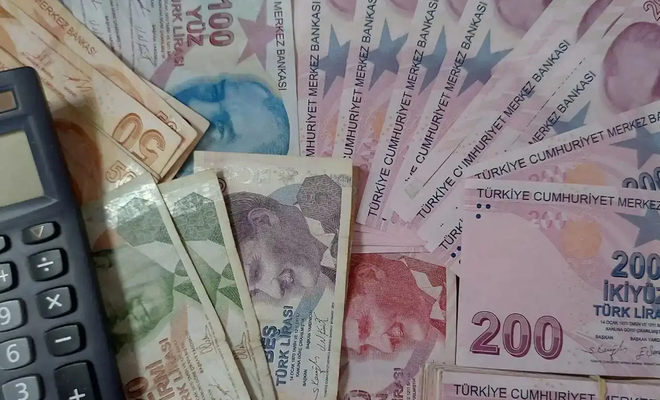
 Google News'te Doğruhaber'e abone olun.
Google News'te Doğruhaber'e abone olun. The virtual conference, which was held collaboratively with Lebanon's El-Cinan University and Malaysia's International Islamic Universities, brought together 30 scholars and researchers from 15 countries. Discussions focused on various themes related to the Turkish economy, including monetary policy, inflation, and development strategies.
Embracing Islamic Economic Principles for Growth
A key takeaway from the conference was the recommendation for Türkiye to embrace Islamic economic principles to achieve its economic ambitions. Participants highlighted the historical success of the Ottoman Empire, which utilized a financial system based on Islamic principles and achieved prosperity for centuries.
Addressing Current Challenges
The conference acknowledged the current economic challenges faced by Türkiye, including the COVID-19 pandemic, the Russia-Ukraine war, and the aftermath of the Maras earthquake. Experts emphasized the need to address these issues while also focusing on long-term development goals.
Recommendations for a Brighter Future
The conference participants presented a roadmap for Türkiye's economic future. Key recommendations included:
-Gradual reduction of interest rates and a shift towards Islamic finance mechanisms to combat inflation and stimulate investment.
-Increased focus on productive economic activities funded by Islamic finance institutions.
-Regulation of food prices and measures to curb speculation in the real estate market.
-Diversification of the Turkish economy through increased oil and gas production, agricultural support, and technology investments.
-Establishment of Islamic free economic zones and fostering trade ties with other Muslim-majority nations.
-Tax reforms that incentivize businesses and broaden the tax base.
-Implementation of a digital Turkish lira backed by gold to reduce reliance on paper currency.
-Utilization of zakat and endowments to address economic and social challenges and promote sustainable development.
-Leveraging expertise in Islamic economics to build a modern Islamic economic model and assist other Muslim nations facing economic difficulties.
By adopting these recommendations and harnessing the potential of Islamic economics, experts believe Türkiye can achieve sustainable economic growth and prosperity. (ILKHA)





























